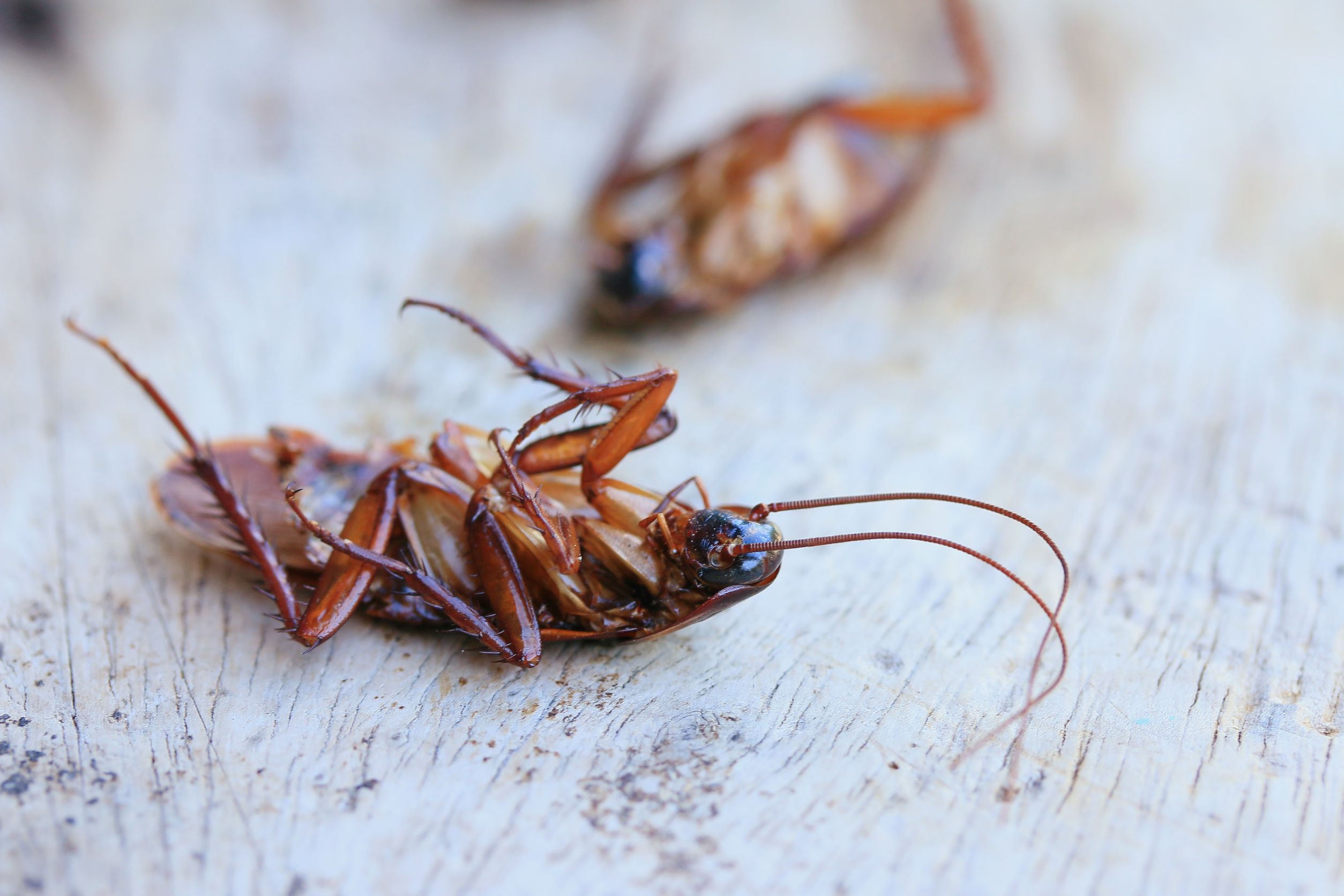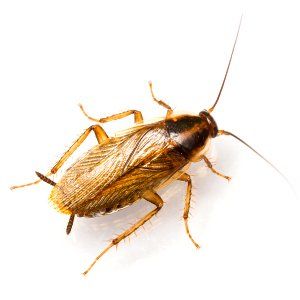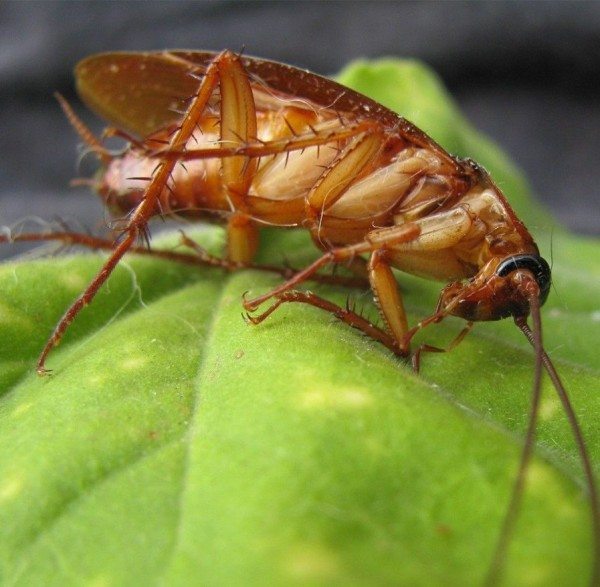Exploring Various Parasite Control Approaches to Attain Long-Term Success in Taking Care Of and Protecting Against Problems in Residential Locations
Efficient bug control in suburbs requires a multifaceted strategy that stabilizes instant results with long-term sustainability. By examining a variety of methodologiesâEUR" consisting of environment-friendly remedies, chemical alternatives, and Integrated Parasite Administration (IPM) âEUR" homeowners can create methods that not only address present problems however also prevent future events. This exploration reveals the capacity of innovative methods and arising technologies that might redefine typical pest administration. What might these advancements involve, and exactly how can they transform our understanding of pest control?
Understanding Bug Control Methods
Although pests have actually existed along with human beings for centuries, the methods utilized to regulate them have actually progressed considerably with time. Recognizing these approaches is critical for efficiently handling and avoiding invasions in suburbs. Bug control strategies can be generally classified right into three main techniques: cultural, mechanical, and chemical.
Cultural methods concentrate on modifying the setting to reduce insect tourist attraction and breeding. This consists of correct sanitation, crop rotation, and environment modification, which can considerably lower pest populations. Mechanical control includes physical obstacles and traps to take care of pests straight, such as displays, vacuums, and sticky traps. This technique is usually preferred for its safe nature and immediate outcomes.
Chemical control continues to be one of the most commonly made use of techniques, involving the application of chemicals to remove bugs. Integrated Insect Administration (IPM) combines these methods to develop an all natural method, advertising long-term parasite avoidance and very little harm to beneficial microorganisms.
Eco-Friendly Insect Control Solutions
Exactly how can homeowners effectively handle parasite problems while lessening their ecological effect? Environmentally friendly parasite control solutions use a lasting alternative to standard methods, prioritizing the wellness of both residents and the surrounding community. These remedies frequently use all-natural ingredients and methods that interrupt pest behavior without presenting harmful chemicals into the atmosphere.
One reliable method is making use of valuable insects, such as ladybugs and lacewings, which exploit common bugs like aphids and termites. Furthermore, diatomaceous planet, a natural powder made from fossilized algae, can be sprayed in areas where pests prevail, acting as a desiccant that hurts pests while staying secure for people and family pets.
In addition, applying preventative actions is crucial. roach control near me. Homeowners can make sure correct hygiene by securing entrance points, maintaining tidy living spaces, and taking care of waste effectively. Growing pest-repellent natural herbs, such as mint and basil, can additionally prevent undesirable visitors
Ultimately, green pest control services empower property owners to address infestations sensibly, promoting a much safer living atmosphere while promoting ecological equilibrium. By accepting these techniques, individuals can contribute to a much healthier world while efficiently managing pest-related concerns.
Chemical Insect Control Options
While environmentally friendly solutions are significantly prominent, there are situations where chemical pest control alternatives may be required for reliable administration of severe problems. Chemical controls, including pesticides, fungicides, and herbicides, are commonly utilized to swiftly decrease parasite populations and mitigate damages to homes and gardens.
These items can be classified into 2 main groups: synthetic chemicals and all-natural pesticides. Artificial chemicals, such as pyrethroids and neonicotinoids, are engineered to target details bugs, providing fast knockdown impacts. Alternatively, natural pesticides, originated from plant or mineral sources, may use a more eco-friendly alternative while still delivering reliable outcomes.
Prior to employing chemical insect control, it is critical to perform a complete analysis of the problem and recognize the specific pest involved. This guarantees that the chosen chemical is both efficient and suitable. Furthermore, house owners have to comply with safety and security standards, consisting of helpful site correct application strategies and personal safety tools, to decrease wellness threats and ecological influence.
Integrated Parasite Monitoring Approaches

Biological control includes the use of all-natural predators or parasites to take care of bug populations. Presenting ladybugs can assist control aphid infestations. Social techniques, such as crop turning, hygiene, and environment adjustment, objective to make environments less favorable to pest survival and recreation. Physical controls, like catches or obstacles, can avoid parasites from going into homes or destructive plants.
Surveillance and assessment are important elements of IPM, permitting for prompt interventions based upon pest populace thresholds. By prioritizing safety nets and utilizing a mix of tactics, IPM not only addresses existing infestations however additionally fosters long-lasting parasite management options that shield both human health and the environment. This extensive method is crucial for lasting parasite control in suburbs.
Emerging Technologies in Pest Control
The development of arising technologies in pest control is reinventing the means we manage pest populations, providing ingenious solutions that boost efficiency and effectiveness. Advances in accuracy agriculture, as an example, utilize information analytics and sensor innovations to keep track of parasite activity and ecological problems, enabling targeted interventions that decrease chemical usage.
Additionally, drones outfitted with imaging technology are being utilized to survey huge locations for infestations, giving real-time information that aids in timely decision-making. Biotechnology is read here playing a pivotal function, with the development of genetically changed organisms (GMOs) made to minimize pest populaces while protecting useful species. roach control near me.

Last but not least, smart traps and monitoring gadgets furnished with IoT capacities enable basics house owners and parasite control specialists to receive instant notifies about pest task, helping with timely action. Collectively, these emerging innovations not only enhance parasite management outcomes but also add to ecological sustainability by reducing dependence on traditional chemical treatments.

Final Thought
To conclude, efficient pest control demands a diverse strategy that incorporates social, mechanical, and chemical methods. Emphasizing environment-friendly services and Integrated Parasite Management can lead to lasting methods that not just alleviate problems yet additionally enhance the environmental equilibrium within domestic locations. By welcoming ingenious innovations and adopting safety nets, homeowners can promote healthier atmospheres while minimizing dependence on damaging chemicals. The combination of these methods is vital for achieving long-lasting success in insect management.